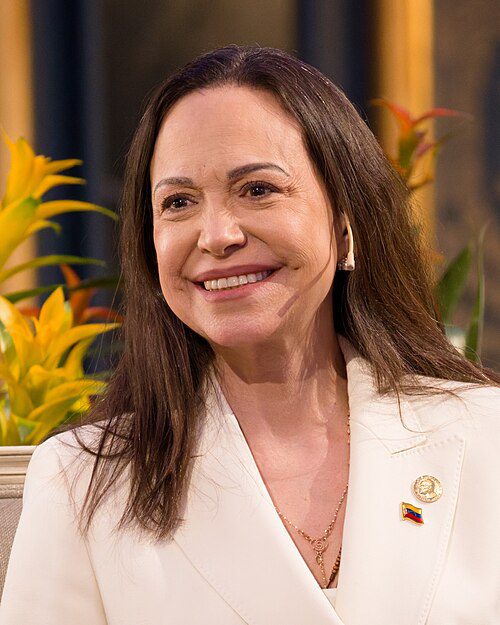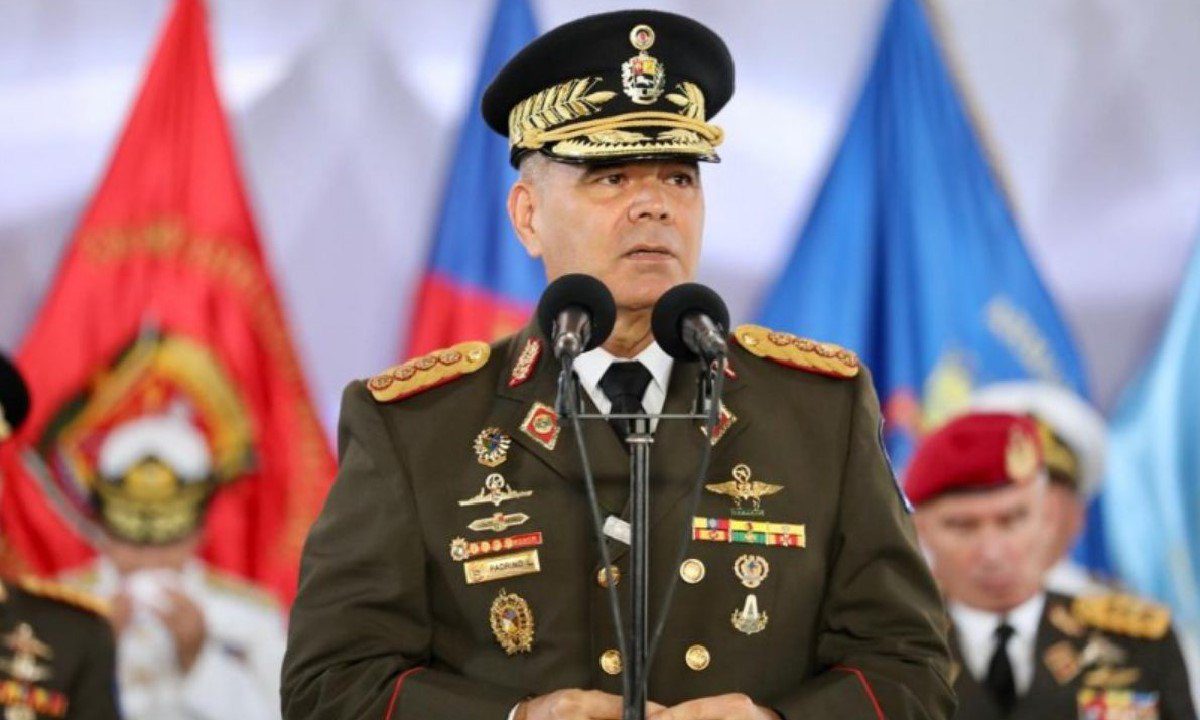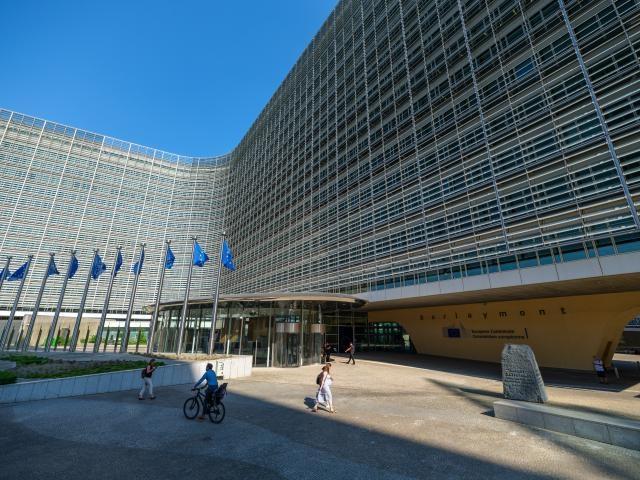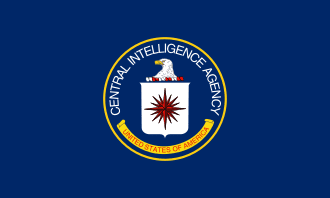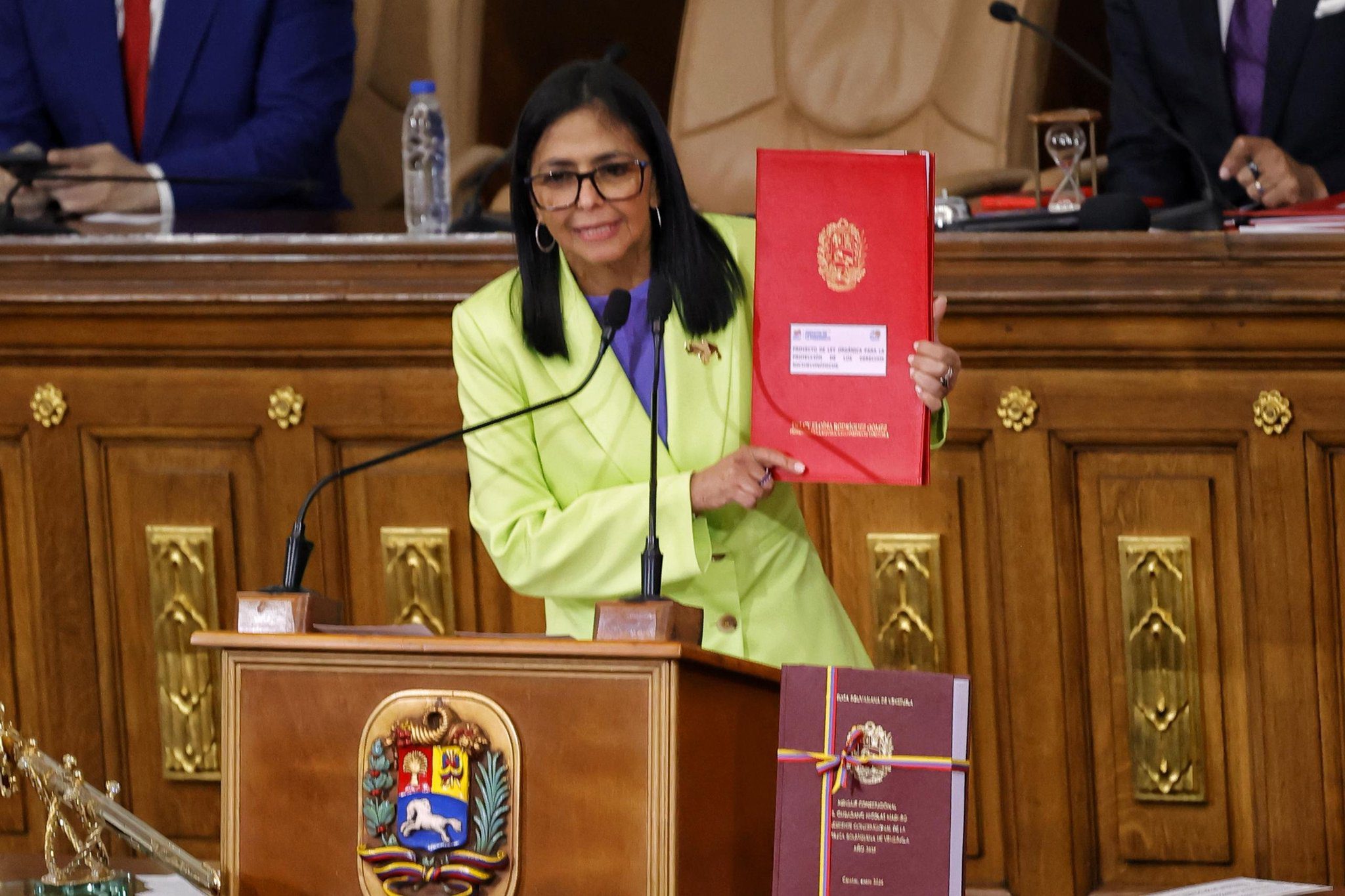President Luiz Inácio Lula da Silva of Brazil addresses the general debate of the General Assembly’s 80th session. Photo: UN / Loey Felipe.
Guacamaya, September 24, 2025. The President of Brazil, Luiz Inácio Lula da Silva, called this Tuesday to keep the channels of dialogue with Venezuela open, amid growing tensions due to the US military deployment in Caribbean waters. In his speech before the UN General Assembly, the leader warned about the risks of using force in contexts without armed conflicts and questioned the equation of crime with terrorism.
During his address, Lula emphasized that Latin America is “a continent free of weapons of mass destruction, without ethnic or religious conflicts,” and warned that the experience of interventions in other regions “has caused more damage than anticipated with serious humanitarian consequences.” The Brazilian president reiterated that the fight against drug trafficking should focus on international cooperation to curb money laundering and restrict the arms trade, rather than on forceful operations.
Lula’s call coincides with Nicolás Maduro’s recent attempt to approach Washington through a letter sent to Donald Trump in early September. The White House, however, dismissed the proposal, calling it “full of lies,” and reaffirmed that its position towards Caracas will not change.
The Brazilian message comes in an international context marked by multipolarization and a global leadership deficit, as warned by the Munich Security Report 2025. While the United States adopts a more transactional approach, China promotes an alternative order, the European Union seeks to consolidate its strategic autonomy, and Russia exerts disruptive pressure, intermediate powers like India and Brazil are promoting new balances.
Brazil and Non-Alignment in a Multipolar World
Under Lula’s leadership, Brazil views multipolarity as an opportunity to reinforce the autonomy of developing countries and expand their influence in international governance. For the South American giant, a multipolar order is more democratic and inclusive, corrects the historical imbalances of the international system, and offers more space for the Global South to act as a collective actor.
Within this framework, Brazil seeks to project itself as a mediator and a bridge between North and South, East and West, promoting a foreign policy of non-alignment. This strategy allows it to cooperate with the United States and the European Union on trade, climate, and energy transition, while maintaining its active role in the expanded BRICS and cultivating pragmatic relations with China and Russia without breaking with the West.
However, this balance generates tensions: while the West values Brazil as a partner on environmental and energy issues, distrust persists from the Western perspective due to its closeness to Moscow and Beijing; in the Global South, on the other hand, its image is more positive, although it competes with India and South Africa for regional leadership.
Despite its potential, Brazil faces internal and external limitations to consolidating itself as a multipolar pole: inequality, violence, corruption, and institutional fragility; reduced military capabilities that restrict its influence on global security; and a heavy economic dependence on China, which conditions its room for maneuver.
Lula’s speech at the UN and his insistence on dialogue with Venezuela reflect a foreign policy that seeks to combine multipolarity and active non-alignment. Brazil aims to become a voice for the Global South and a driver of international governance reform, but its structural limitations and the growing polarization between the West and the China-Russia axis could hinder its consolidation as a global power.
Brazil defends multipolarity as an opportunity for the Global South and seeks to lead from a strategy of non-alignment, projecting its role as a mediator in regional crises like the Venezuelan one.


